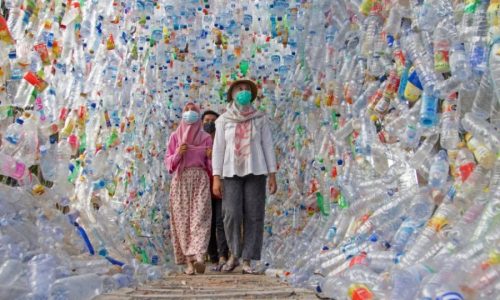Minister of National Development Planning/Head of National Development Planning Board (Bappenas), Rachmat Pambudy, has revealed alarming levels of financial leakage in Indonesia, spanning all layers and sectors of governance.
Speaking at the launch of the Whistle Blowing System (WBS) 2.0 in Jakarta on Friday, December 13, 2024 he emphasized the urgent need for systemic reforms to address these inefficiencies.
According to Pambudy, financial leaks stem from three main areas: insufficient state revenue, inefficiencies in expenditure, and mismanagement. He highlighted the following critical points:
- Low tax ratio: Indonesia’s tax-to-GDP ratio remains at approximately 10 percent, significantly lower than neighboring countries like Malaysia and Thailand, where the ratio exceeds 15 percent. This gap underscores the suboptimal collection of state revenue;
- Corruption and APBN leakage: Over the past 30 years, around 30 percent of the State Budget (APBN) is estimated to have been lost annually due to corruption involving various actors, including entrepreneurs, bureaucrats, legislators, and law enforcement officials.
Transparency International’s 2023 Corruption Perception Index ranked Indonesia 115th out of 180 countries, with a score of 34 out of 100, reflecting persistent governance challenges;
- Illegal mining costs the state an estimated Rp105 trillion (US$6.6 billion) annually. Online gambling is projected to result in economic losses of up to Rp900 trillion by 2024;
- Irresponsible spending: Mismanagement of expenditures, from national to household levels, exacerbates financial inefficiency. This includes expenditures on illegal or prohibited activities, such as drug abuse;
Addressing the problem
To combat these systemic issues, Bappenas has called for collective action and innovative solutions. The recently launched Whistle Blowing System (WBS) 2.0 is expected to strengthen accountability and transparency in public administration.
Pambudy stressed that addressing financial leaks is critical not only to safeguard public funds but also to bolster Indonesia’s development performance across sectors.
“This is a wake-up call. We must act decisively to eliminate inefficiencies and corruption to ensure that state funds are used effectively for the nation’s progress,” he concluded.








